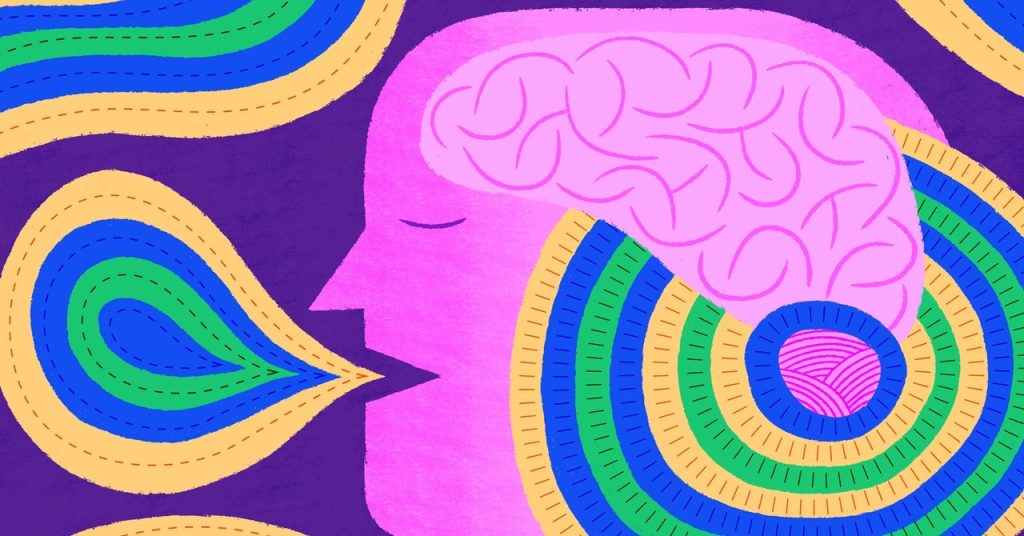The Cerebellum: A Hub for Social and Emotional Regulation
Unveiling the Cerebellum’s Intricate Network
In a groundbreaking study published in the journal Nature Neuroscience, researchers from Arizona State University unveiled the intricate and expansive network of cerebellar connections activated in mice during socialization and maze navigation. This discovery sheds new light on the cerebellum’s role beyond motor control.
Maternal Behavior and the Cerebellum
Rudolph’s experiments on female mice caring for their pups revealed that maternal behavior is influenced by hormones, particularly oxytocin, acting on the cerebellum. Disrupting this mechanism experimentally led to a lack of maternal care, highlighting the cerebellum’s involvement in bonding and nurturing.
Social Recognition Memory and the Cerebellum
Yi-Mei Yang from the University of Minnesota demonstrated that disrupting specific cerebellar neurons in mice resulted in a loss of interest in engaging with unfamiliar mice, while their ability to interact with and remember novel objects remained intact. This finding suggests a deficit in complex social-recognition memory, akin to the experiences of individuals with autism.
The Cerebellum’s Role in Autism
The cerebellum is often found to be smaller in autistic individuals. Aleksandra Badura from Erasmus University Medical Center in Rotterdam presented new data indicating that the cerebellum’s involvement in autism may be due to its role as a hub for sensory input, particularly signals related to social contexts.
Clinical Advancements in Cerebellar Assessment
Andreas Thieme from University Hospital Essen in Germany introduced a novel clinical test that accurately diagnoses the emotional and cognitive impairments caused by cerebellar damage, further solidifying the cerebellum’s role in these domains.
The Cerebellum: A Little Brain with Big Responsibilities
These groundbreaking studies collectively demonstrate that the cerebellum, in addition to its well-known role in motor control, plays a crucial part in regulating complex social and emotional behavior. To exert this global influence, the cerebellum must serve as a data-processing hub with extensive connections throughout the brain, explaining its high neuron count. This little brain, in essence, possesses the capacity to independently accomplish high-order command and control.
Original story reprinted with permission from Quanta Magazine, an editorially independent publication of the Simons Foundation whose mission is to enhance public understanding of science by covering research developments and trends in mathematics and the physical and life sciences.

5 Comments
Honestly, I never thought much about the cerebellum until now, kind of a hidden brain champion, huh?
Who knew that tiny part of your brain could be so mighty, right?
Turns out, our cerebellum is playing 4D chess while the rest of the brain is stuck on checkers!
The cerebellum, our brain’s unsung hero, somehow always flies under the radar!
The cerebellum’s like the silent ninja of your brain, pulling off all the cool moves without you even noticing!